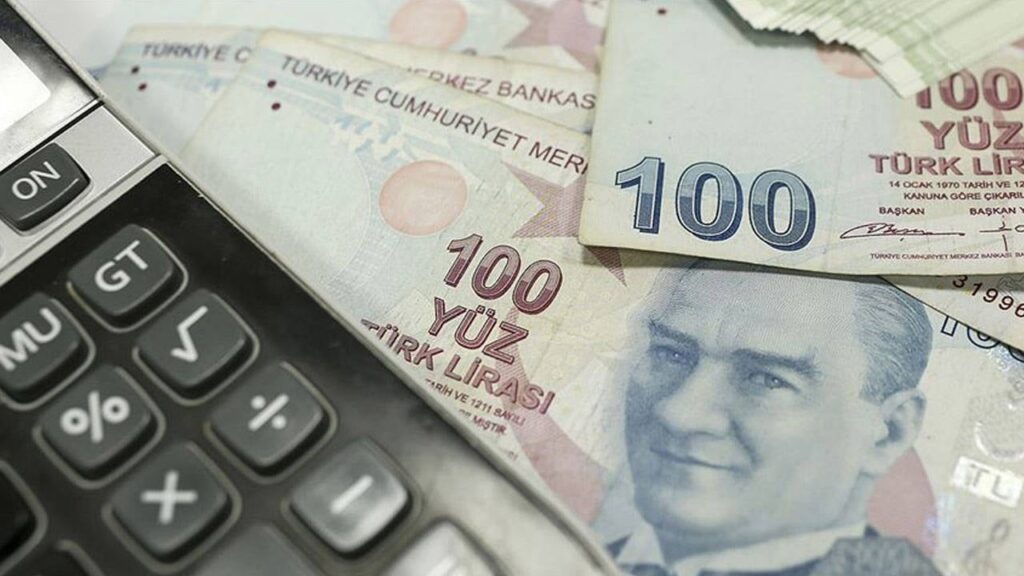Tax hikes cause prices to rise
In a statement titled “Regarding Additional Tariff Regulations on Conventional (Internal Combustion) Passenger Vehicles and Hybrid Passenger Vehicles Originating in the People’s Republic of China,” the Ministry of Commerce cited the decision as being “to expand and protect the declining share of automobiles” and “to encourage domestic investment and production in the domestic market.” Thus, on top of the existing 10 percent tariff, vehicles originating in China will be subject to an additional 40 percent tariff. These charges are in addition to the special consumption tax and value-added tax.
State Coffee Always Wins
Professor of the Faculty of Law at Ondokuz Mays University, Dr. Murat Batı, assessed the new application. West stressed that the regulation will further increase car prices. “In March 2023, a presidential decision imposed a 40 percent tax on cars of Chinese origin, especially those with different fuel types. Batı said, “This time, the scope of this regulation has been expanded,” adding, “The main reason is to prevent foreign currency from flowing overseas and pave the way for domestic production such as TOGG.” The purpose is to reduce the demand for Chinese-made cars and direct consumers to TOGG. Recently, the United States also set up similar regulations and introduced tariffs to suppress demand. The regulation made today was made to prevent foreign currency flight. The negative impact of this regulation will be seen as an increase in market prices. If TOGG increases its price, demand will also decrease. The only place that benefits from this regulation is the state. If consumers buy TOGG, VAT, and SCT, the 40 percent tariff will go to the state treasury if they do not. In short, the house always wins. ”
Chinese cars top the list
According to data from the Automobile Distribution and Distributors Association (ODMD), the best-selling model in the SUV/CUV body type vehicle category in January-May 2024 was the Tiggo 8 from China-made Chery Automobile, with sales of 11,331 units and a market share of 5.52 percent. Second place in this category was the T10X model produced by Turkey’s Automobile Enterprise Group (TOGG), with sales of 11,288 units and a market share of 5.50%. Total sales of Chinese automotive companies in Turkey (cars and light commercial vehicles) reached 29,539 units in the first four months of this year, and the company’s share in the automotive market reached 7.95%. Chinese brands DFSK and Maxus also sell commercial vehicles. If we exclude the light commercial sales of these two brands and limit it to cars, the sales volume of Chinese brands increased to 29,241 units and the market share increased to 9.91%.




